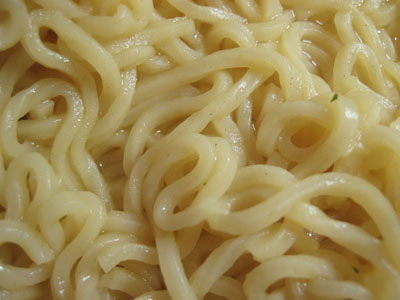
The Raw Material Research and Development Council (RMRDC) has revealed that Nigeria loses N17b yearly to importation of soap noodles.
Soap noodles are raw materials for all kinds of soaps. They are produced by the saponification process of vegetable oils including palm oil, coconut oil, or animal fats, to produce salts of fatty acid.
The Director General of the council, Prof Hussaini Ibrahim, while speaking, yesterday, in Abuja, revealed that in 2022, Nigeria imported 35,811 metric tonnes of soap noodles valued at over N17b.
He said that globally, soap noodles market has been projected to reach $4.9bn by 2025 at a compound annual growth rate of 3.9 percent
Ibrahim stated that the priority of the council is to encourage domestic manufacturing of soap noodles in order to reduce importation and save the nation more than N17b a year.
He explained that the soap noodle is made up of 80percent of palm oil and 20percent palm kernel or coconut oil, saying usually soap manufacturers buy the noodles, add their flavour, fragrances, pigments, and other components to differentiate them from other brands.
Ibrahim attributed the importation of the soap noodles to the lack of local technology to stimulate local production. He stated that market for toilet soap is national with a population estimated at over 200 million, an annual growth rate of 5.7 percent, and an average economic growth rate of 3.5 percent per annum.
The DG said that the council promoted production of improved varieties of major oilseeds such as palm nut, groundnut, sunflower, sesame, coconut, cotton seed, soybean, castor seed, among others in collaboration with mandated research institutes and private sector operatives in the country.
“These efforts have led to increased production and productivity of oilseeds in the country. Today, through the initiatives of the council, castor and safflower seeds are being produced and processed in substantial quantities, and the country is fast becoming a major player in the production of the oil from the oilseeds in West Africa,” he said.






